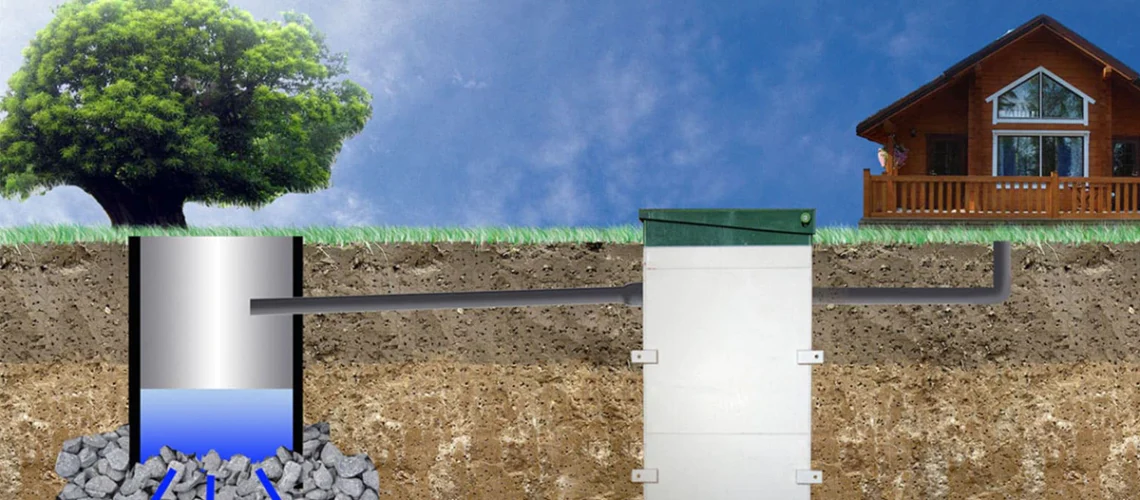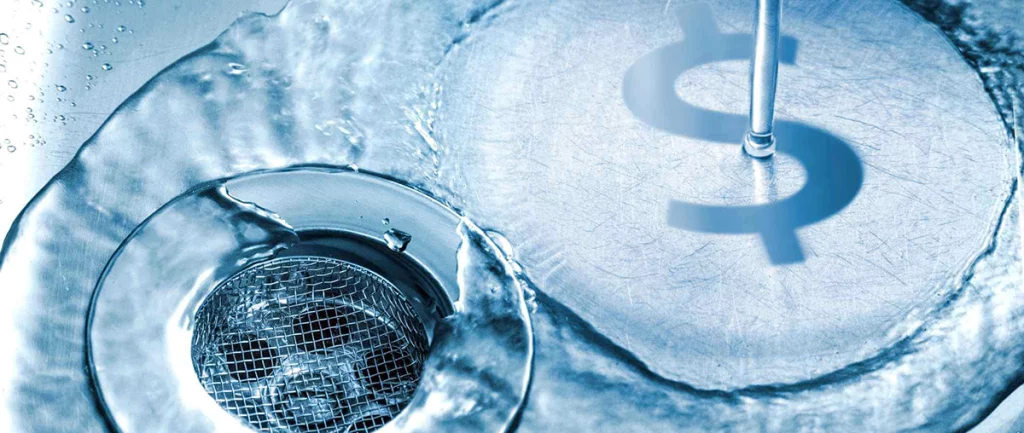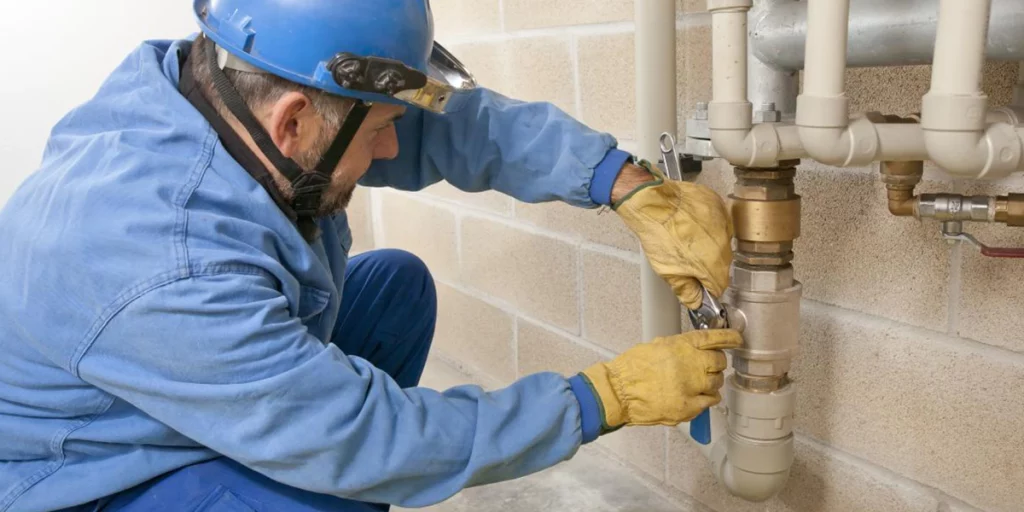When you turn on your shower, you probably don’t think about where the water goes once it disappears down the drain. Understanding how your home’s plumbing and septic system work can help you maintain it better and avoid costly repairs. So, let’s dive into whether your shower water goes into the septic tank and why it matters.
Contents
- 1 How Does a Septic System Work?
- 2 Types of Wastewater in a Household
- 3 Does Shower Water Go Into the Septic Tank?
- 4 Impact of Shower Water on the Septic System
- 5 Maintenance Tips for Septic Systems
- 6 Alternatives to Traditional Septic Systems
- 7 Common Myths About Septic Systems
- 8 Environmental Impact of Septic Systems
- 9 Choosing the Right Septic System for Your Home
- 10 Signs Your Septic System Needs Attention
- 11 DIY vs. Professional Septic System Maintenance
- 12 Cost of Maintaining a Septic System
- 13 Innovations in Septic System Technology
- 14 Conclusion
How Does a Septic System Work?
A septic system is a self-contained wastewater treatment solution for homes not connected to a municipal sewer. It collects and processes household wastewater, separating solids from liquids. Solid waste settles in the septic tank, where bacteria break it down, while the liquid flows into the drain field, where it is naturally filtered and absorbed into the soil. Regular maintenance is essential to prevent blockages and system failures.
Components of a Septic System
A septic system has two main components:
- Septic Tank – A buried, watertight container that holds and treats wastewater. It separates solids from liquids, allowing bacteria to break down organic matter before the water moves to the drain field.
- Drain Field – A network of perforated pipes buried in gravel-filled trenches that disperse treated water into the soil. The soil acts as a natural filter, removing contaminants before the water re-enters the groundwater system.
Proper care and regular pumping of the septic tank help ensure long-term functionality and prevent costly repairs.
Septic Tank
The septic tank is a buried, watertight container usually made of concrete, fiberglass, or polyethylene. It holds the wastewater long enough to allow solids to settle down to the bottom, forming sludge, while oil and grease float to the top as scum.
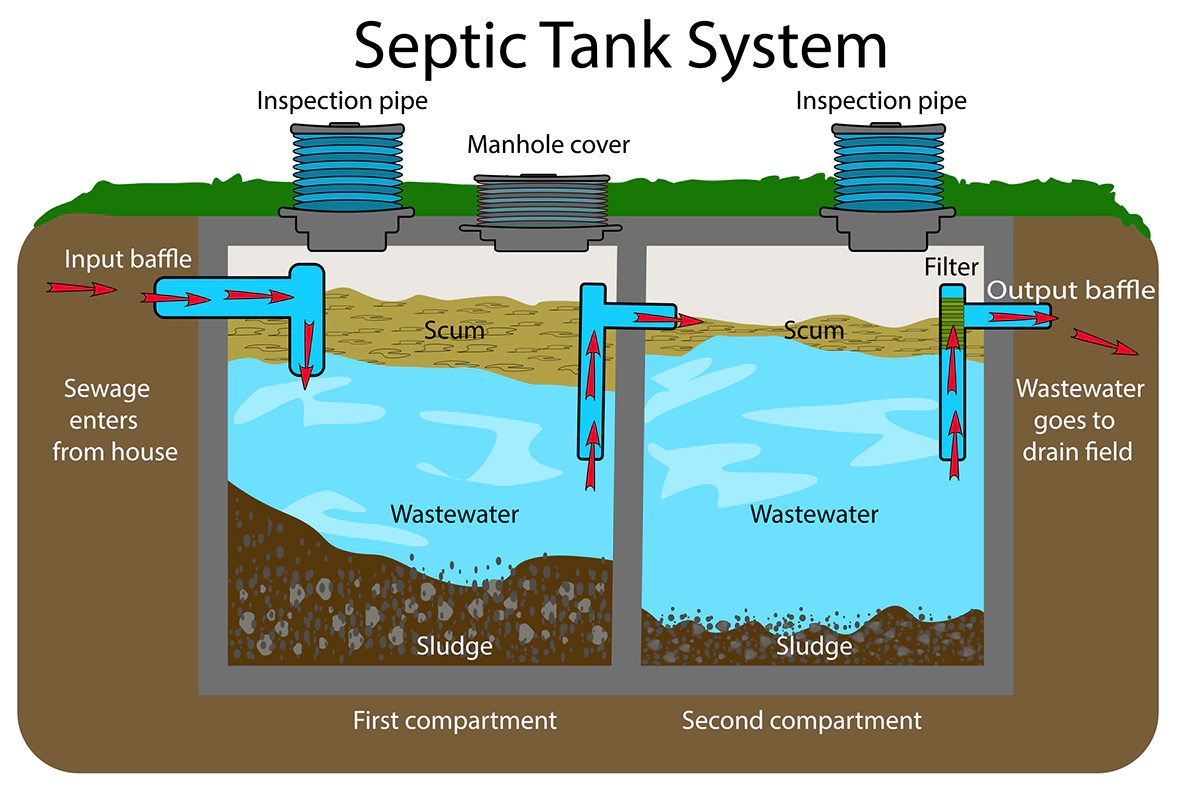
Drain Field
The drain field, also known as the leach field, is a shallow, covered excavation made in unsaturated soil. It receives the liquid effluent from the septic tank.
The Process of Wastewater Treatment
When wastewater leaves your house, it flows through your plumbing system and into the septic tank. Here, the solids settle, and the liquid waste moves on to the drain field, where it is further treated by the soil.
Types of Wastewater in a Household
Blackwater vs. Greywater
Blackwater is wastewater from toilets, which contains human waste and is typically highly contaminated. Greywater, on the other hand, is wastewater from non-toilet fixtures like sinks, showers, and washing machines. Greywater is generally less contaminated than blackwater.
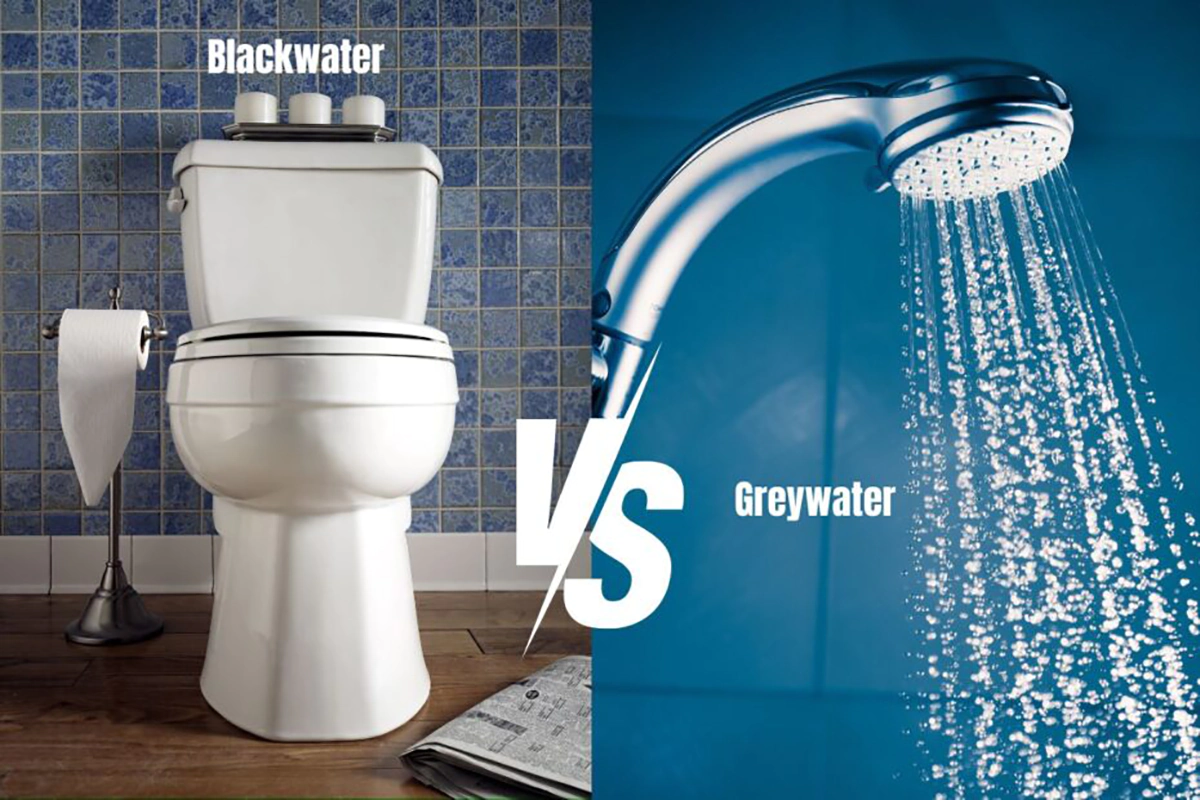
Sources of Greywater
Greywater comes from showers, bathtubs, bathroom sinks, washing machines, and dishwashers. It can be reused for irrigation and other purposes if treated properly.
Does Shower Water Go Into the Septic Tank?
Yes, shower water flows into the septic tank, along with wastewater from sinks, toilets, and washing machines. This is because all household plumbing is typically connected to the same drainage system. Once in the septic tank, the water separates—solids settle at the bottom, while liquids move to the drain field for filtration.
The Path of Shower Water
Yes, your shower water, which is greywater, does go into the septic tank. After you finish your shower, the water flows down the drain and travels through your home’s plumbing system to the septic tank.
Why It’s Important to Know
Understanding this helps you realize the importance of what goes down your drains. Using harmful chemicals or non-biodegradable products in the shower can affect the health of your septic system.
Impact of Shower Water on the Septic System
Shower water increases the load on the septic system, contributing to water levels in the septic tank and drain field. Excessive water use can overload the system, slowing waste breakdown and potentially leading to backups or drainage issues. To prevent strain, use water-efficient fixtures and limit long showers to maintain a balanced septic system.
Volume of Water
Shower water can contribute significantly to the volume of wastewater entering the septic tank. Excessive water use can overwhelm the system and lead to problems like slow draining and backups.
Potential Contaminants
Shower water can carry soap, shampoo, hair, and other residues into the septic tank. While these are typically not as harmful as blackwater contaminants, they can still affect the system’s efficiency over time.
Maintenance Tips for Septic Systems
Regular Inspections
Have your septic system inspected by a professional every three to five years to ensure it is functioning properly.
Pumping the Tank
Regularly pump your septic tank every three to five years, depending on the size of your household and usage patterns, to remove the accumulated sludge and scum.
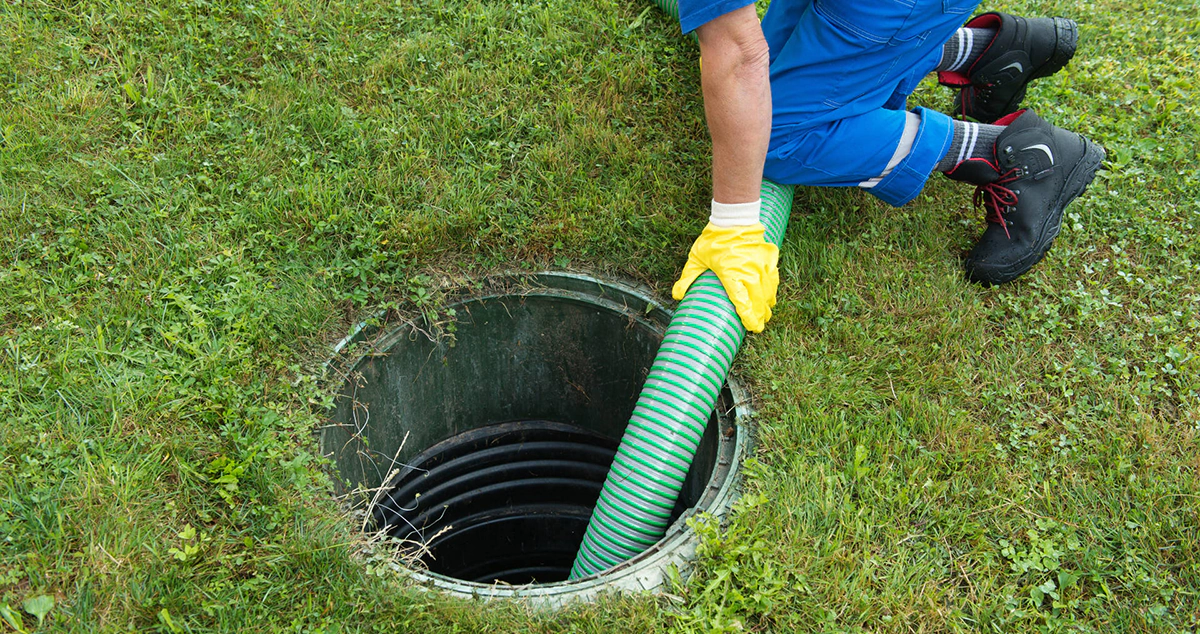
Water Conservation Tips
Implement water-saving measures like fixing leaks, installing low-flow showerheads, and spreading out laundry loads to prevent overloading the system.
Alternatives to Traditional Septic Systems
Advanced Treatment Units
These systems offer enhanced treatment of wastewater and are suitable for areas with high environmental sensitivity.
Greywater Recycling Systems
Greywater recycling systems treat and reuse greywater for irrigation and other purposes, reducing the load on the septic system.
Common Myths About Septic Systems
Myth 1: All Wastewater is the Same
Many believe that all wastewater is treated equally in a septic system. However, blackwater and greywater have different levels of contaminants and are treated differently.
Myth 2: Septic Systems Require Little Maintenance
Some think that once installed, septic systems need little to no maintenance. In reality, regular maintenance is crucial to prevent failures and costly repairs.
Environmental Impact of Septic Systems
Positive Aspects
Septic systems can help replenish groundwater and reduce pollution if properly maintained.
Potential Negative Effects
Poorly maintained septic systems can lead to groundwater contamination and environmental damage.
Choosing the Right Septic System for Your Home
Factors to Consider
Consider your household size, soil type, and local regulations when choosing a septic system.
Professional Guidance
Consult with a professional to assess your needs and recommend the best system for your home.
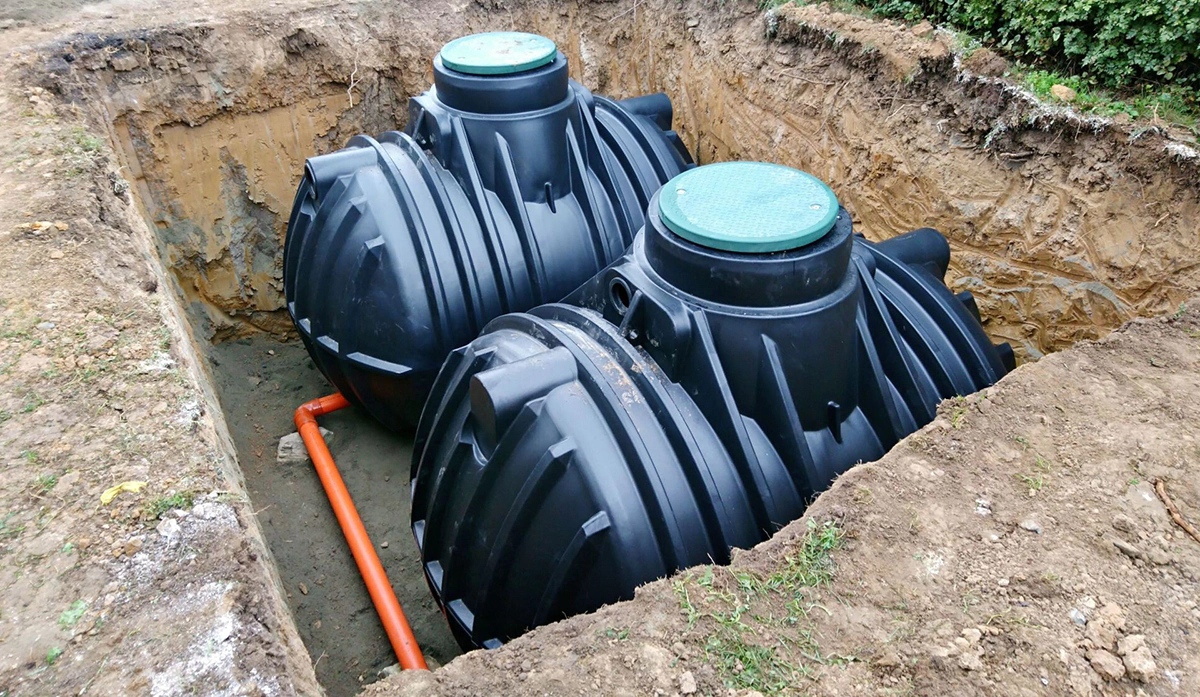
Signs Your Septic System Needs Attention
Slow Drains
If your drains are slow, it could indicate a problem with your septic system.
Unpleasant Odors
Foul odors around your home or drain field can signal septic system issues.
Lush Grass Over Drain Field
An unusually green and lush drain field can indicate excess wastewater or a leak.
DIY vs. Professional Septic System Maintenance
Pros and Cons of DIY Maintenance
DIY maintenance can save money but may not be thorough enough to prevent major issues.
When to Call a Professional
It’s best to call a professional for inspections, pumping, and any significant repairs to ensure your system operates correctly.
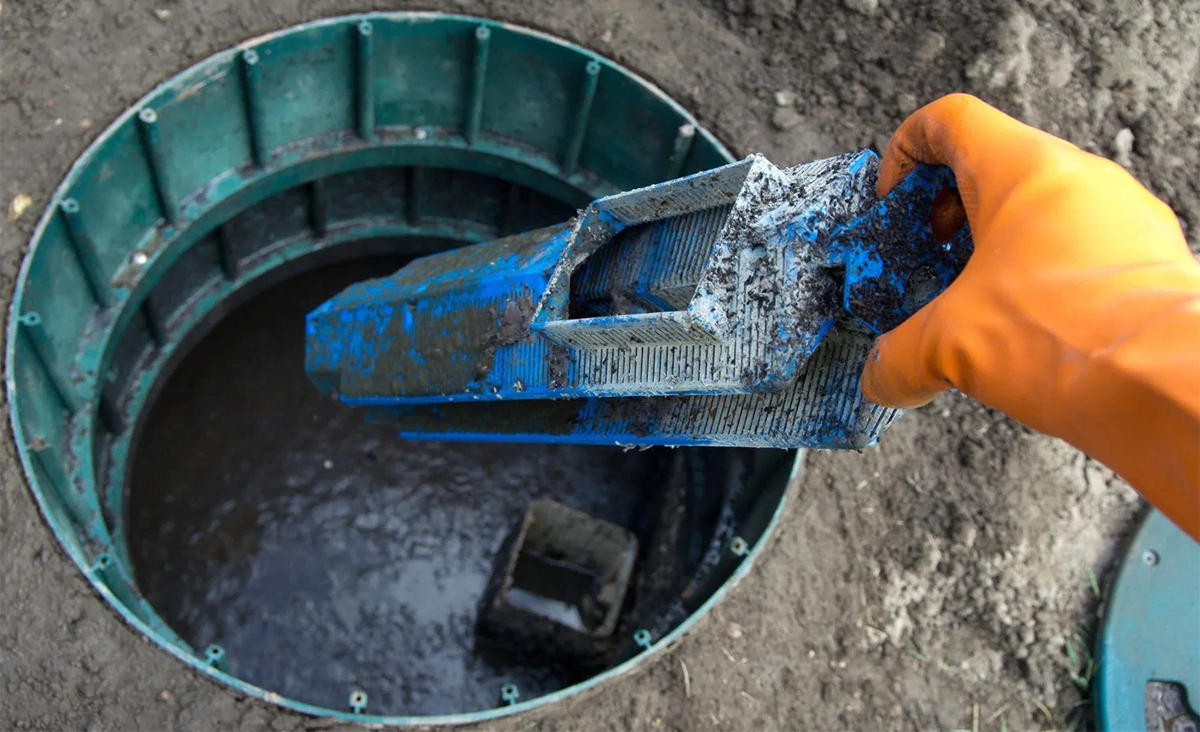
Cost of Maintaining a Septic System
Regular Maintenance Costs
Regular maintenance, including inspections and pumping, typically costs a few hundred dollars every few years.
Emergency Repair Costs
Emergency repairs can be much more expensive, often running into thousands of dollars.
Innovations in Septic System Technology
Smart Septic Systems
Smart systems can monitor and alert homeowners of potential issues, helping to prevent problems before they become serious.
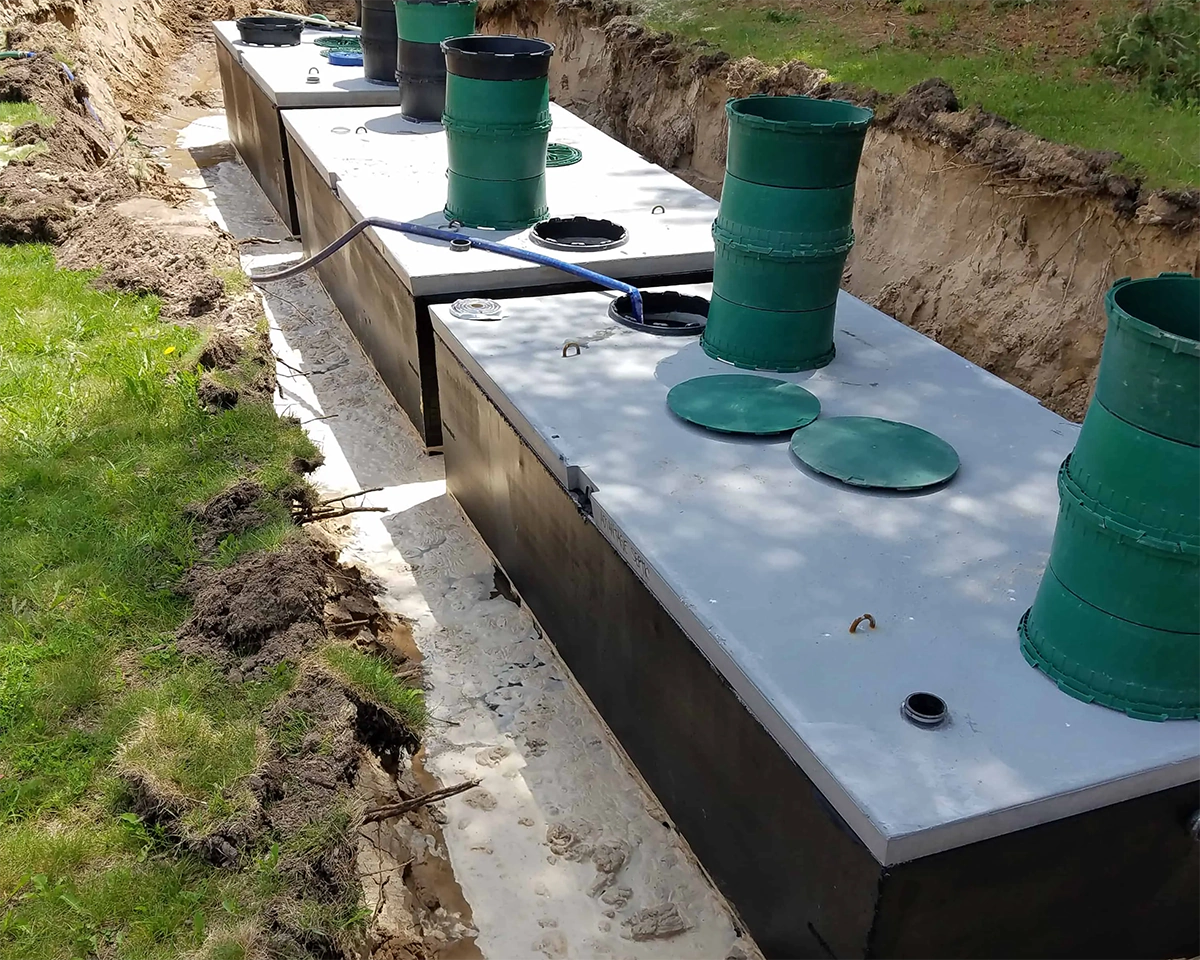
Eco-Friendly Solutions
New eco-friendly septic systems use advanced technology to minimize environmental impact.
Conclusion
In summary, your shower water does go into the septic tank, making it crucial to be mindful of what goes down your drain. Regular maintenance and understanding the workings of your septic system can prevent costly issues and protect the environment.
FAQs
You should pump your septic tank every three to five years, depending on usage.
Yes, but avoid excessive use of harsh chemicals as they can disrupt the septic system’s balance.
Avoid flushing non-biodegradable items, grease, and harsh chemicals.
Signs of failure include slow drains, foul odors, and unusually lush grass over the drain field.
When properly maintained, septic systems can be environmentally friendly by replenishing groundwater and reducing pollution.



